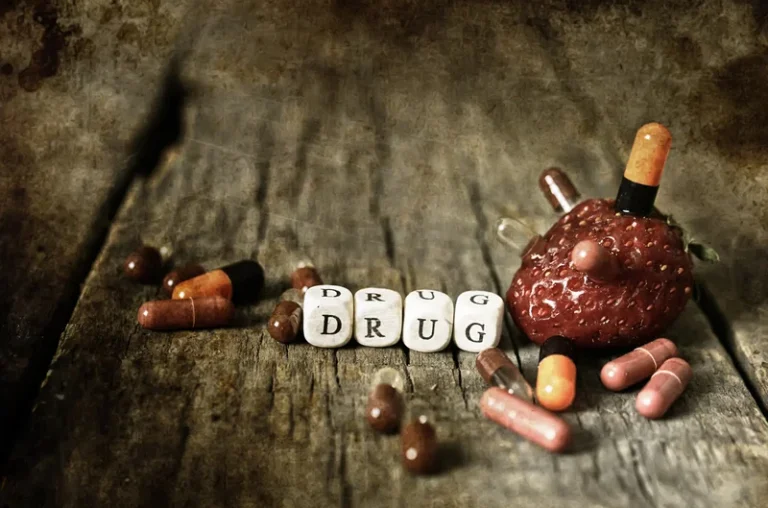What is alcohol intolerance, and what are its symptoms?

Often, people with alcohol intolerance drink less, because the symptoms they experience are so unpleasant. If you have any unpleasant symptoms after drinking alcohol, see your healthcare provider. Your provider can help get to the bottom of your symptoms and recommend the best next steps. Symptoms of an alcohol allergy include rashes, itchiness, swelling and severe stomach cramps. Allergy symptoms are often more painful and uncomfortable than alcohol intolerance symptoms.
Definition of type 2 diabetes

Certain weather changes, like high humidity or a swift drop in temperature, can also trigger headaches in individuals with allergies. Sudden changes in temperature or humidity can also cause allergies to flare up. This is especially true for people who suffer from allergic rhinitis, a condition that causes nasal inflammation and respiratory https://ecosoberhouse.com/ issues after exposure to allergens. The goal of this program is to improve public health by early detection of chronic illnesses, including metabolic disorders, and assessment of underlying risk factors. Main Outcomes and Measures Relative risk estimates for the association between mean daily alcohol intake and all-cause mortality.

Allergic Reaction
Differences in ethanol metabolism might be involved in the variations in the effects of alcohol consumption on the onset of diabetes. Moreover, a unique Japanese food culture has evolved, comprising Japanese cuisine and sake. In particular, ethyl-α-D-glucoside, which is present in sake, has been found to prevent product of interleukin 6 and liver injury49. A previous study showed that the intake of sake lees extract improved insulin resistance via the improvement of hepatic inflammation in an animal model50. Therefore, alcohol consumption, including sake, might have negative association with the development of type 2 diabetes in the Japanese participants with BMI ≥ 25 kg/m2. A major limitation involves imperfect measurement of alcohol consumption in most included studies, and the fact that consumption in many studies was assessed at only 1 point in time.
Alcohol Intolerance Vs. Alcohol Allergy
- If you’re allergic to another ingredient contained in certain alcoholic products, switching to a different drink might be an option.
- In addition to sinus headaches, allergies can also lead to migraines.
- After just seven days without alcohol, your immune system starts bouncing back.
- When stress exceeds a certain limit, it might trigger brain inflammation, resulting in symptoms like those seen in ME/CFS, including alcohol intolerance.
- While just about anything can trigger an allergic reaction, some things (like a bee sting, peanuts, and certain foods) are more likely to trigger allergic reactions than others.
- If you have histamine intolerance, you may experience worse symptoms after consuming alcohol with a high histamine content.
Read on to find out how to keep your underarms happy and rash-free. Sorry, a shareable link is not currently available for this article. If there are legitimate reasons, data will be provided through the corresponding author. BVariables race, diet, exercise, what causes alcohol intolerance BMI, country, follow-up year, publication year, and unhealthy people exclusion were removed. Brittany Burke Robert has written about health for Oprah Daily, Well+Good, Livestrong, Reebok, and other publications and digital brands for over 15 years.
Share this article
A medical professional will recommend a simple test involving alcohol consumption under controlled conditions to observe symptoms. For those who do not wish to abstain, limiting intake and choosing alcoholic beverages that are lower in congeners and chemicals that might trigger reactions could help manage the condition. Additionally, over-the-counter antihistamines might alleviate mild symptoms but should be used cautiously and under medical advice.
If acetaldehyde is not metabolized efficiently, it can cause release of histamine and thereby trigger flushing and other unpleasant symptoms. Some people experience flushing, headaches, and nausea shortly after drinking alcohol. No, alcohol intolerance is not the same as being intoxicated or drunk. Alcohol intolerance doesn’t mean you become drunk faster or after drinking less alcohol. And the condition does not increase your blood alcohol level, either.
Alcohol Withdrawal Symptoms: What Does Detoxing Feel Like? A Timeline
- Brittany Burke Robert, the author of this article, has written about health for Oprah Daily, Well+Good, Livestrong, Reebok and other publications and digital brands for over 15 years.
- This article is for informational purposes only and is not meant to offer medical advice.
- By Victoria GroceVictoria Groce is a medical writer living with celiac disease who specializes in writing about dietary management of food allergies.
- For men, this can look like lowered libido and erectile dysfunction, as well as decreased muscle mass.
- No, alcohol intolerance is not the same as being intoxicated or drunk.
- If the allergic reaction is more severe, people may require epinephrine, also known as an EpiPen.

- Something in the alcohol, such as hops or grapes, causes most alcohol allergies rather than the alcohol itself.
- Egg allergy is one of the most common food allergies, especially in children.
- Genetic alcohol intolerance will not begin suddenly and will always be present from birth.

